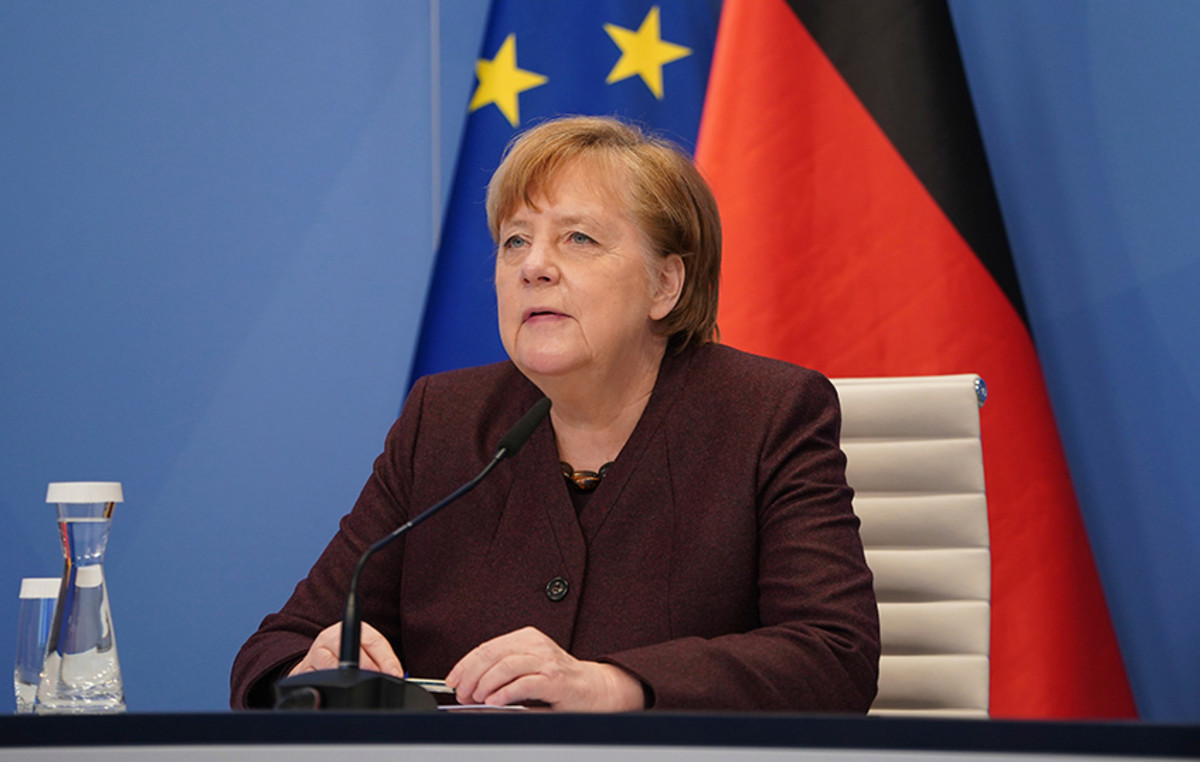Executives of Latin American investment banks expect investors to continue investing in acquisitions in the region, encouraged by the rise in commodity prices and considering that the presidential elections in Brazil should tend towards a pragmatic government.
Latin America has also been seen as an area little affected by the geopolitical problems in Europe related to the Russian invasion of Ukraine.
The value of mergers and acquisitions fell 30% in the region’s first quarter compared to the same period a year ago, and equity offerings dropped 69% to $2.85 billion.
Rising interest rates and volatile markets affected equity issuances more, but also buyout negotiations.
“The volatility of the markets impacts the value attributed to companies and delays or makes business unfeasible”, said Felipe Bittencourt, head of advisory area at Vinci Partners.
He expects a decline in mergers and acquisitions and equity issuance volumes in the region this year, as interest rate hikes in several economies raise the expected minimum return on business purchases.
But the scenario is not all negative. “Despite problems in Europe and presidential elections in Brazil, corporate and investor sentiment remains positive, and mergers and acquisitions activity is expected to continue. Once again, the biggest deal was in the health sector”, said Luiz Muniz, partner and head of Rothschild & Co for Latin America, referring to the purchase of SulAmérica by the Rede D’Or São Luiz hospital network for around 2.8 billion of dollars.
Other big deals in the first quarter were the restructuring of the airline Aeroméxico, which now has the Apollo Global Management fund as its shareholder, in addition to Delta Air Lines.
Among the most active sectors should be companies in the health, energy and technology sector, including fintechs.
Brazil’s presidential elections are not expected to have a strong impact on investment, after the leader in the polls so far, former president Luiz Inácio Lula da Silva, chose centrist Geraldo Alckmin as his vice-president, and committed to moderate economic policies.
Analysts see a difficult scenario for initial public offerings (IPOs), but a gradual and easier return for issuances by already listed companies, which dominated the first quarter.
Energy and commodity companies such as Equatorial Energia and BRF were among the biggest emitters.
“Customers expect greater discounts on equity offerings, investors are naturally more cautious,” said Pedro Juliano, head of investment banking in Brazil at JPMorgan Chase.
There is great expectation regarding the potential success of the privatization of Eletrobras even before the elections, in a business that should generate more than R$ 60 billion.
Source: CNN Brasil
I am Sophia william, author of World Stock Market. I have a degree in journalism from the University of Missouri and I have worked as a reporter for several news websites. I have a passion for writing and informing people about the latest news and events happening in the world. I strive to be accurate and unbiased in my reporting, and I hope to provide readers with valuable information that they can use to make informed decisions.







